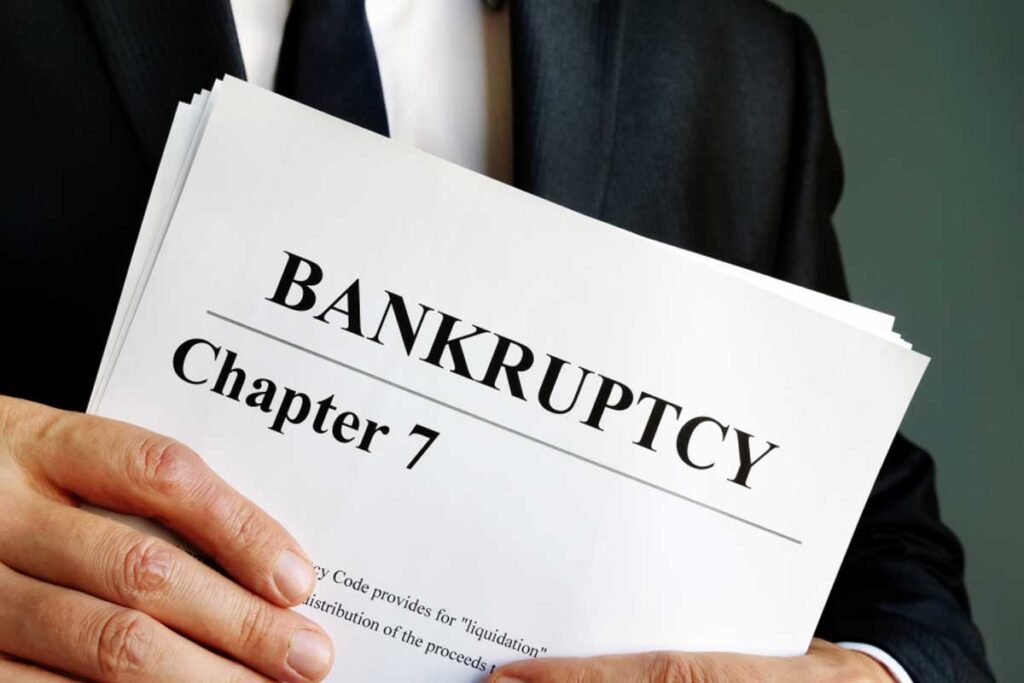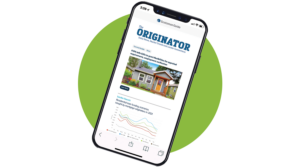Can you get a home loan after bankruptcy or foreclosure?
People who experienced a bankruptcy or foreclosure have a significant mark on their credit report that negatively impacts their credit-worthiness. As a result, borrowers who have been through an event like this typically have a more difficulty finding a lender that will offer them a mortgage loan. However, many mortgage companies do finance loans for borrowers with bankruptcy or foreclosure histories.
How long after bankruptcy can you get a mortgage?
The amount of time that’s passed since a bankruptcy is a key factor for mortgage lenders evaluating whether to finance a mortgage. If seven years has passed since a bankruptcy, the borrower can qualify for a mortgage based on the conventional guidelines. If it was a Chapter 13, many lenders are OK if it’s at least three years old. Within the respective three and seven-year timeframes, some Non-QM lenders will still offer bankruptcy home loans. They are able to do this because they operate outside of conventional guidelines by using alternative underwriting methods.
How long after foreclosure can you get a mortgage?
Borrowers that experienced a foreclosure less than seven years ago will not qualify for a prime credit grade mortgage. However, this does not preclude them from getting a mortgage. Non-QM lenders can finance home loans for borrowers that have experienced foreclosure more recently. Use the search engine above and change the setting from Bankruptcy to Foreclosure Status, then enter how long it has been since the foreclosure.
Which lenders offer home loans after bankruptcy or foreclosure?
Trying to find mortgage lenders for bankruptcies or a mortgage after foreclosure can be challenging but it doesn’t have to be.
Residential mortgage lenders with prime mortgage products may offer borrowers whose bankruptcy and foreclosure history, if any, is seven or more years old. Some lenders may accommodate a shorter period for Chapter 13 bankruptcies.
Some FHA, VA, and USDA lenders accept not only a more recent bankruptcy or foreclosure but also characteristics that typically accompany these situations, such as lower FICO scores. FHA loans offer economic event recovery underwriting that helps borrowers who have experienced bankruptcy or foreclosure as a result of job loss get a mortgage once the borrower has landed a new job and can demonstrate the ability to pay back the mortgage. FHA loans also permit down payments as low as of 3.5%. VA mortgages serve active duty, veterans and National Guard borrowers. USDA loans serve borrowers in rural areas. All three of these are government-backed loans made by banks and non-depository lenders.
Non-QM lenders may fund a mortgage for a borrower with a recent history of these events. Some of these lenders will even consider financing a mortgage as recently as 1 year after bankruptcy including those self-employed people or loan amounts in excess of conventional limits.
Private Money lenders focus on the equity in the property, instead of a borrower’s credit profile, during the underwriting process. As a result, they typically offer lower LTVs and shorter repayment periods (often between one and five years). A borrower that has recovered from the economic event of a foreclosure or bankruptcy can then refinance into non-QM, government or prime mortgage.
Find a residential mortgage lender
How does bankruptcy or foreclosure affect a commercial mortgage borrower?
There are commercial mortgages available to borrowers with bankruptcy or foreclosure history. Often, if the deal is strong, the business owner’s personal bankruptcy will not be an impediment. One of the reasons is that a business bankruptcy is often used a business strategy and does not affect the borrower’s credit profile as heavily. Use the Bankruptcy and Foreclosure menus in the following commercial search engines, to find the right lender for the commercial borrower.
Some commercial lenders offer bank and near-bank terms and rates for those with a record of bankruptcy. These lenders require full documentation of the commercial property and borrower.
A private money lender may be ideal if your borrower needs financing quickly. No documentation of the borrower’s credit may be needed and the underwriting can be based solely on the amount of equity in the property, without considering a bankruptcy or foreclosure.
If the mortgage is used for building, expansion, acquisition and development or rehab/renovation, then find a commercial construction lender.


